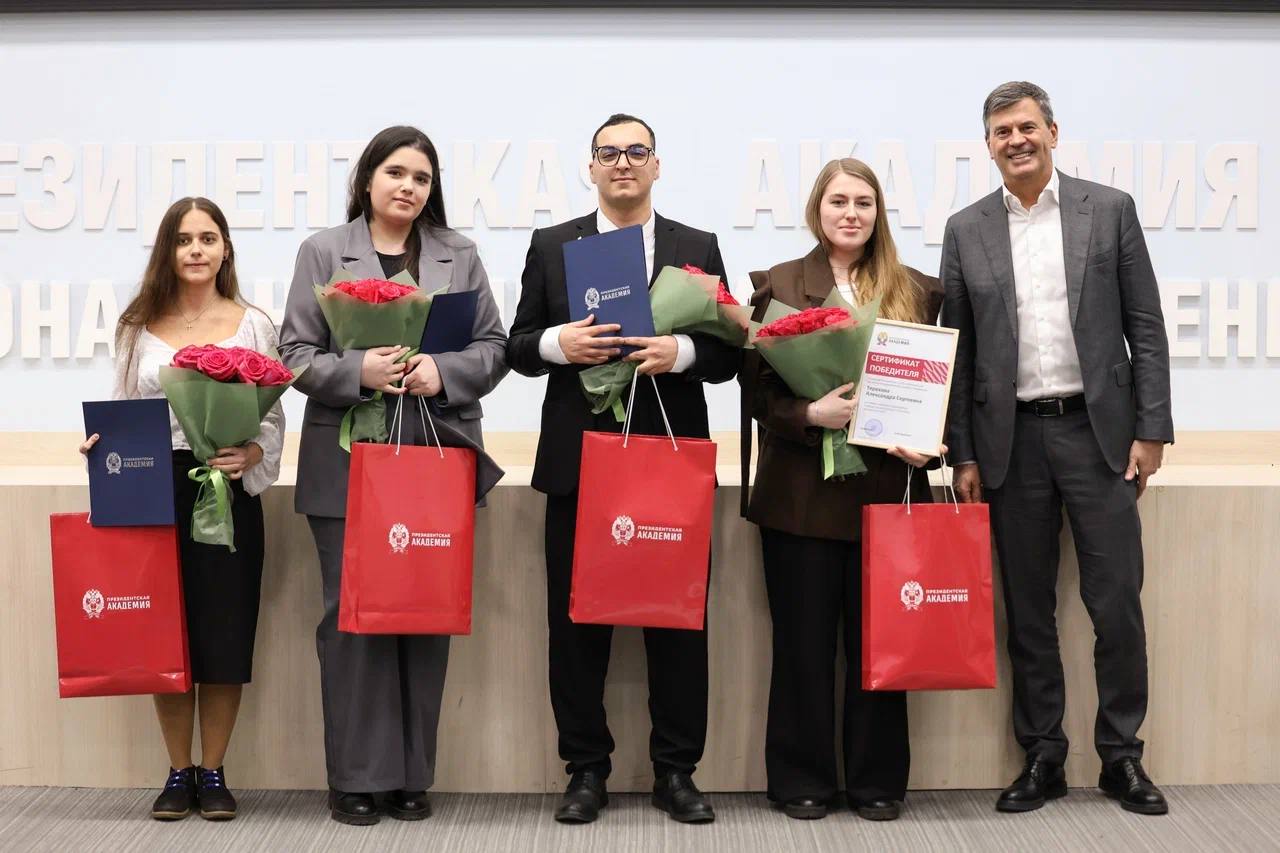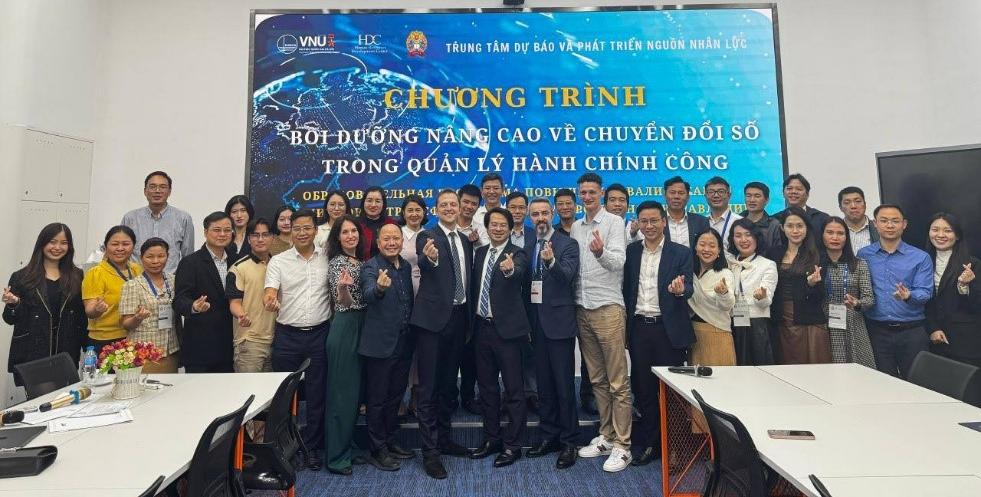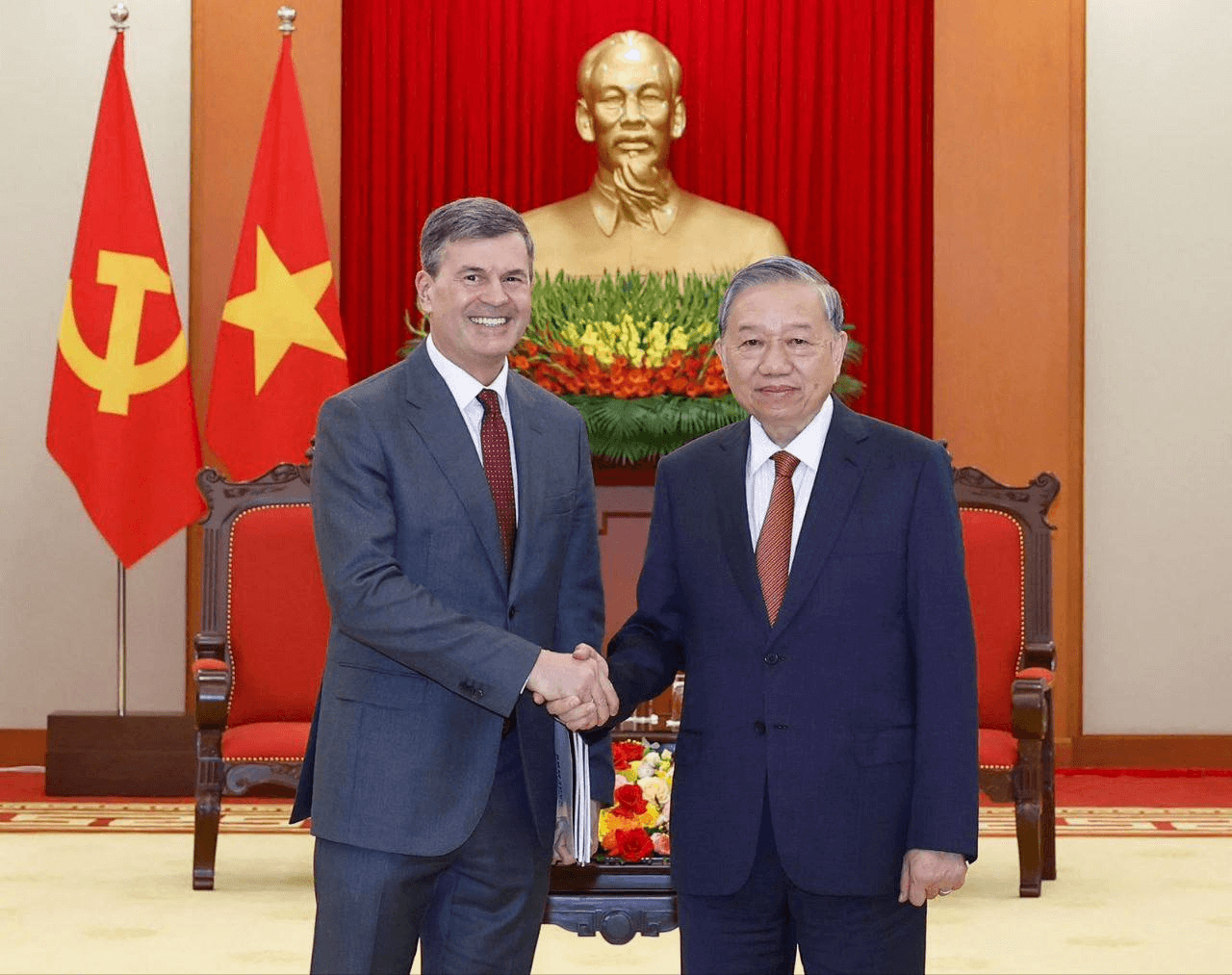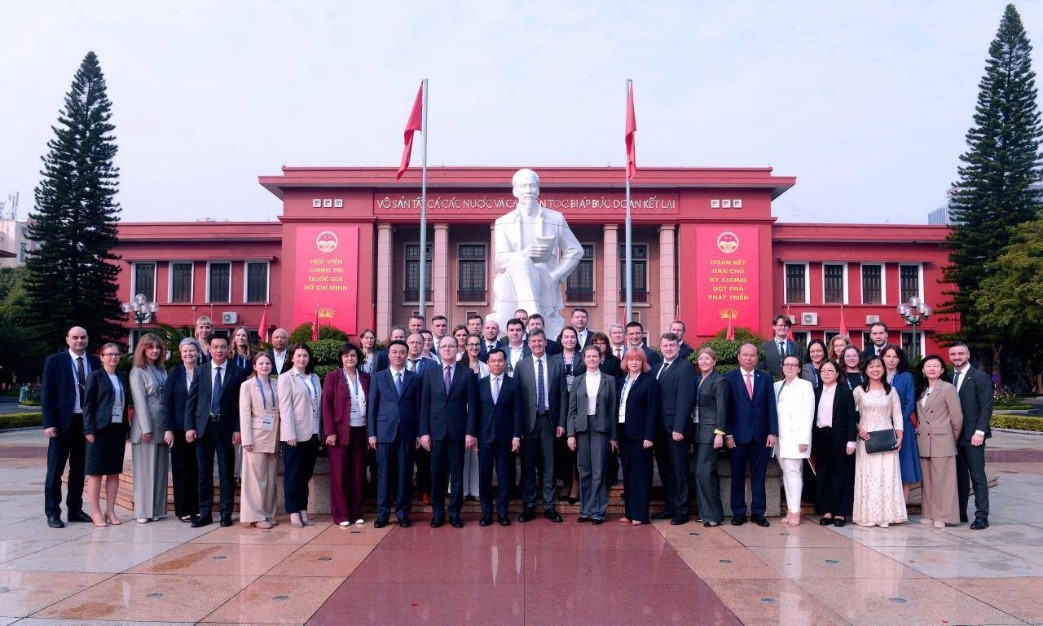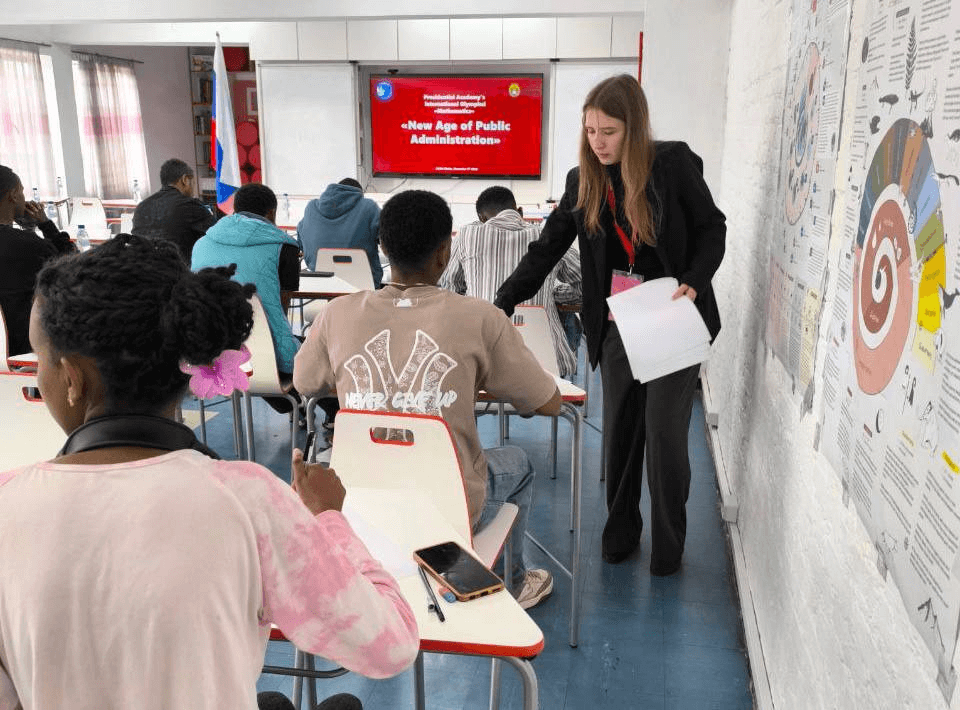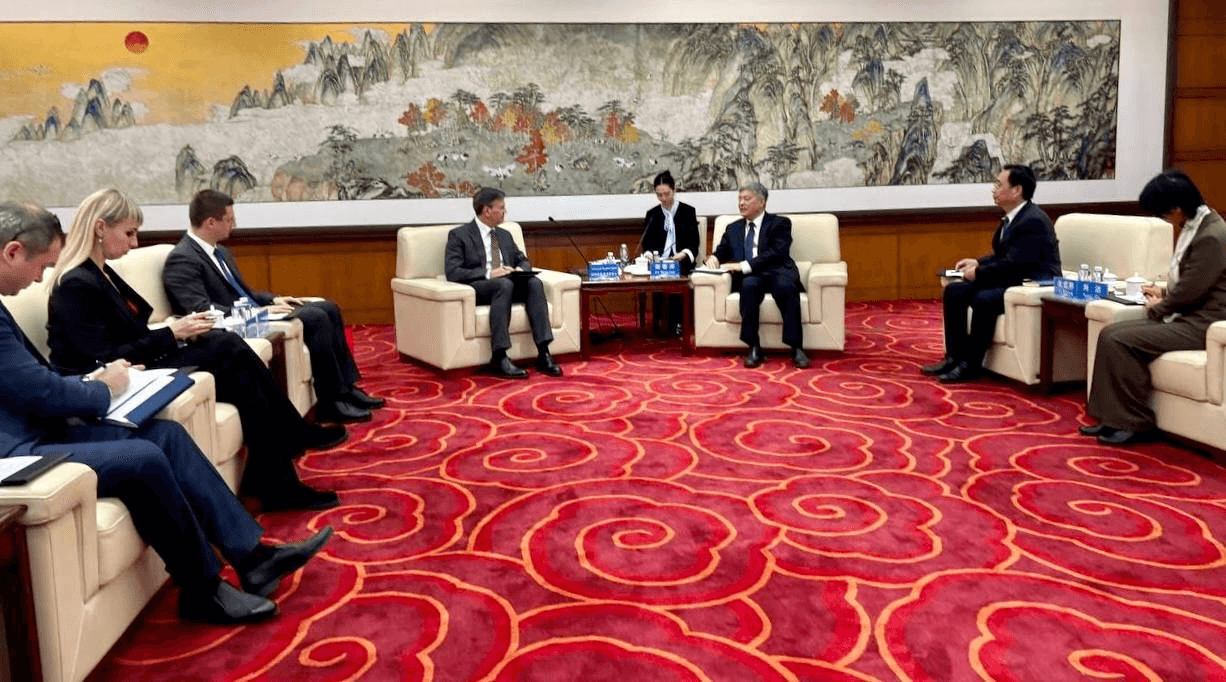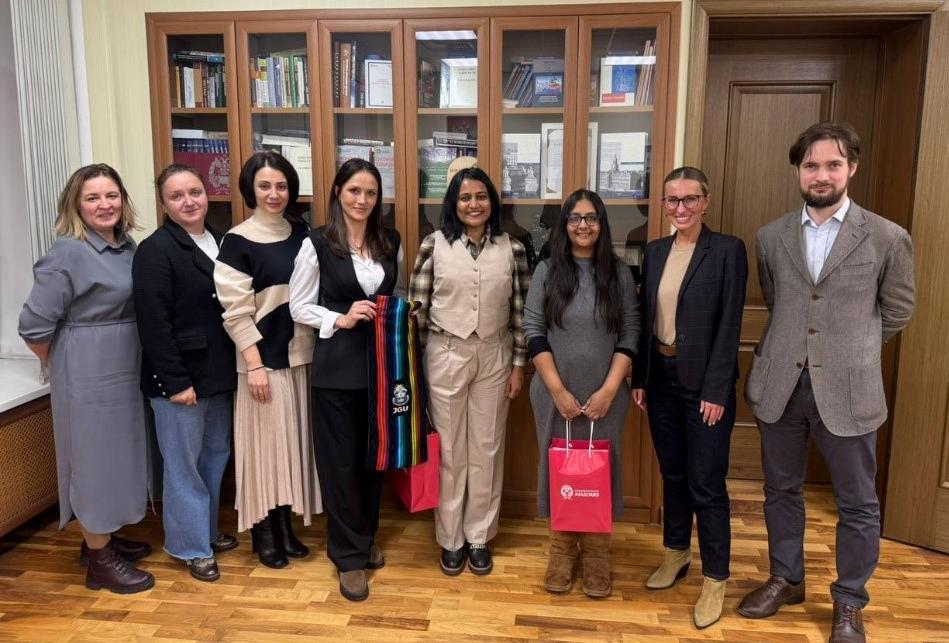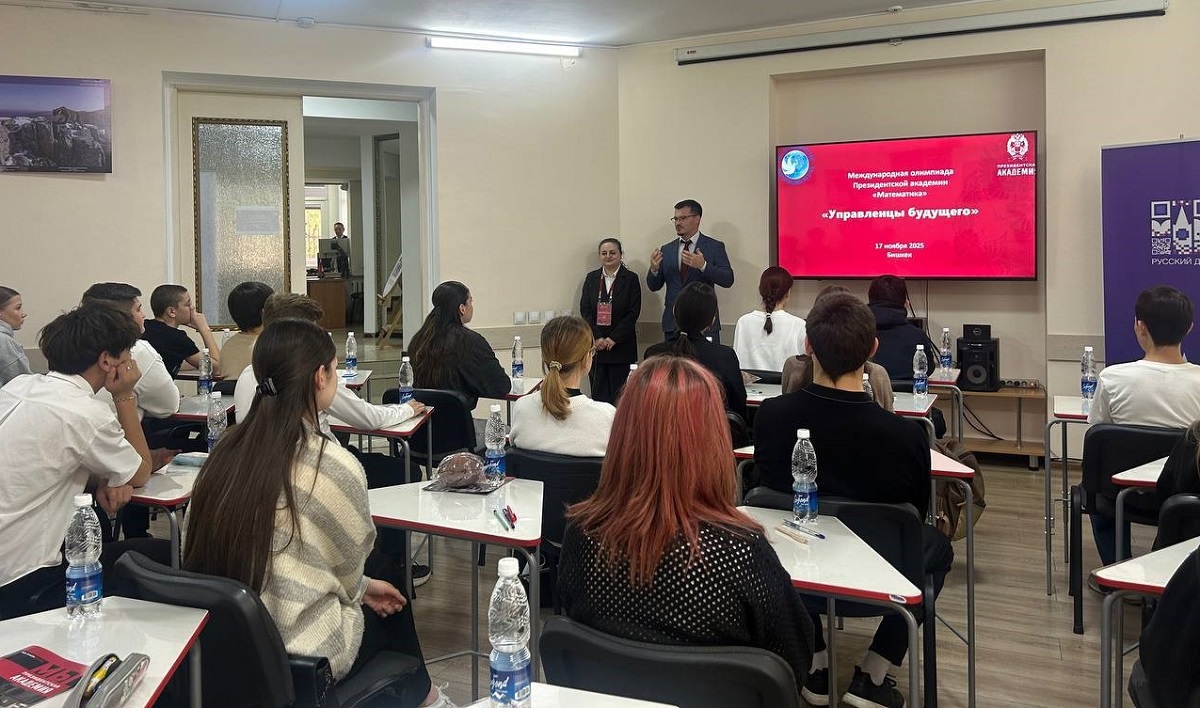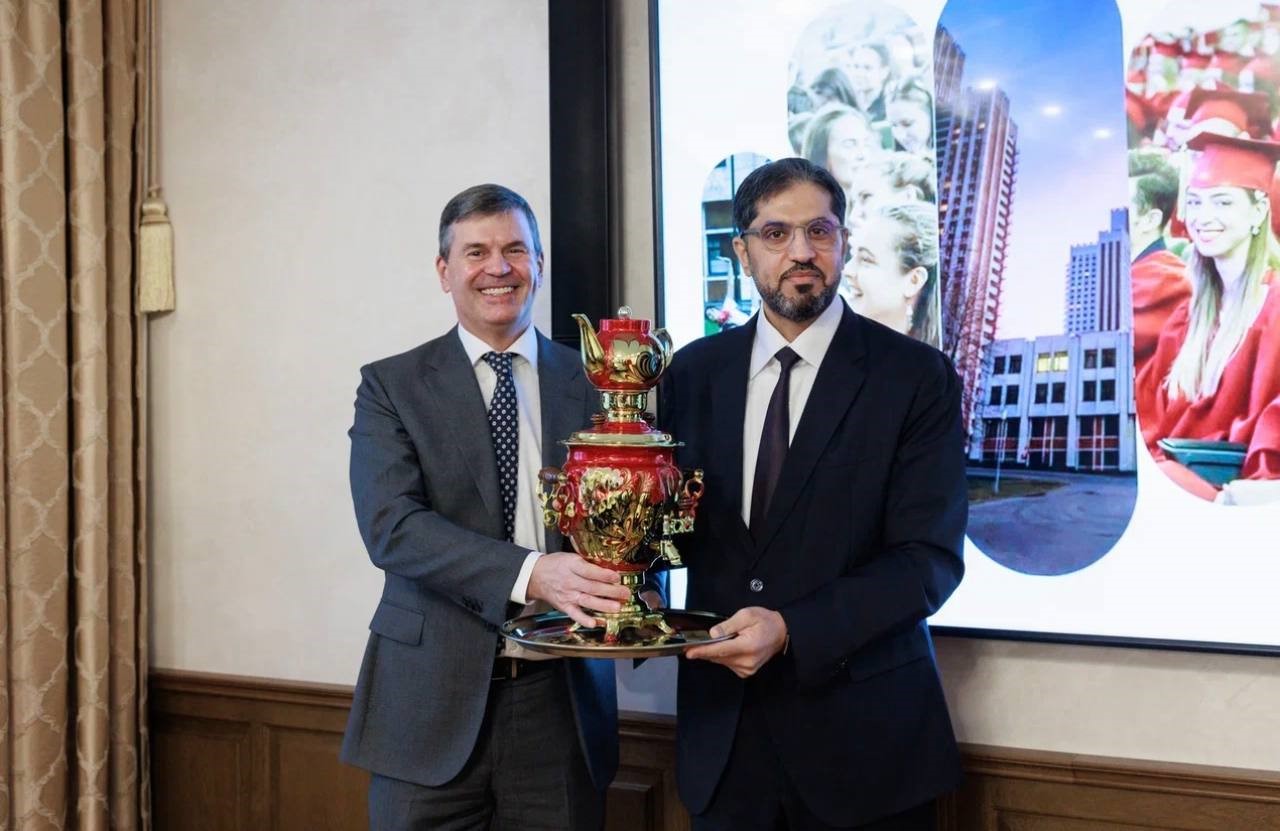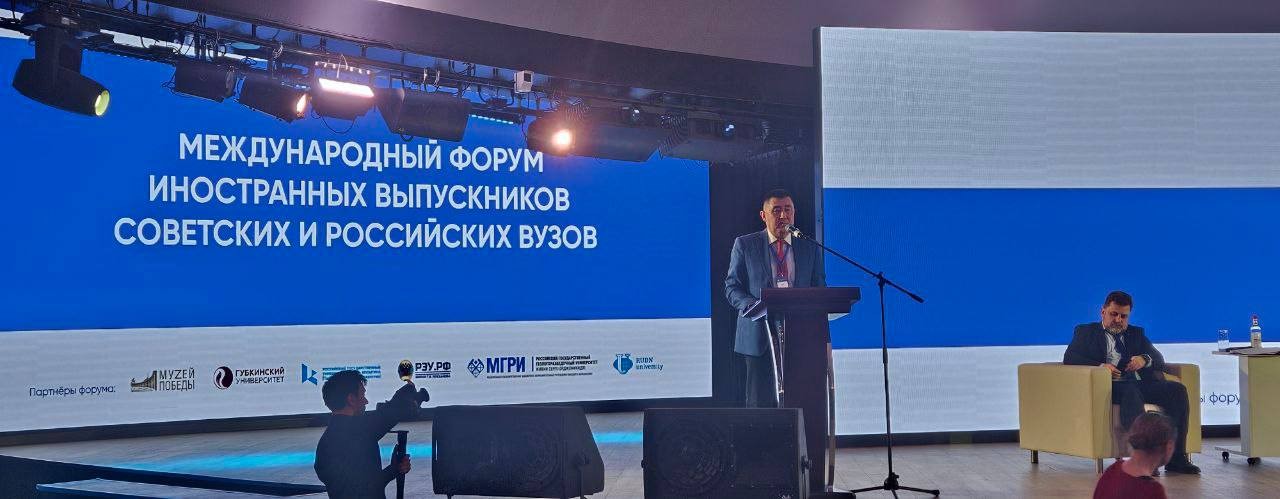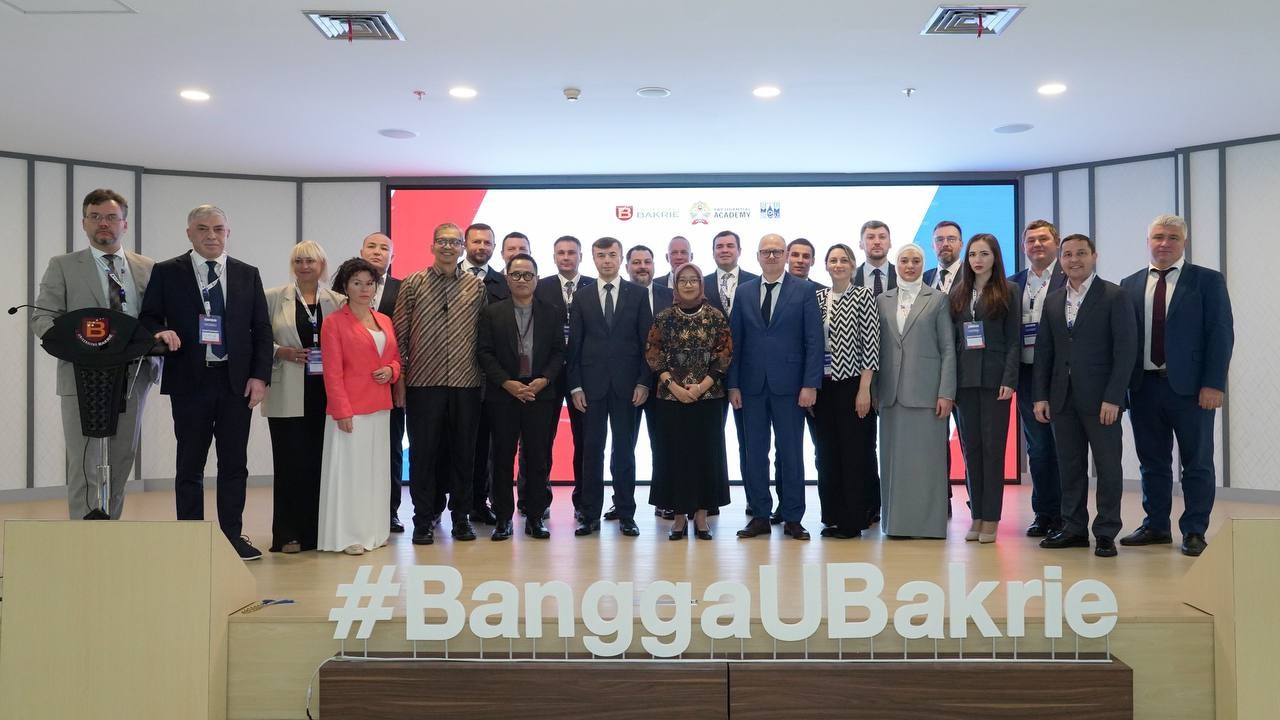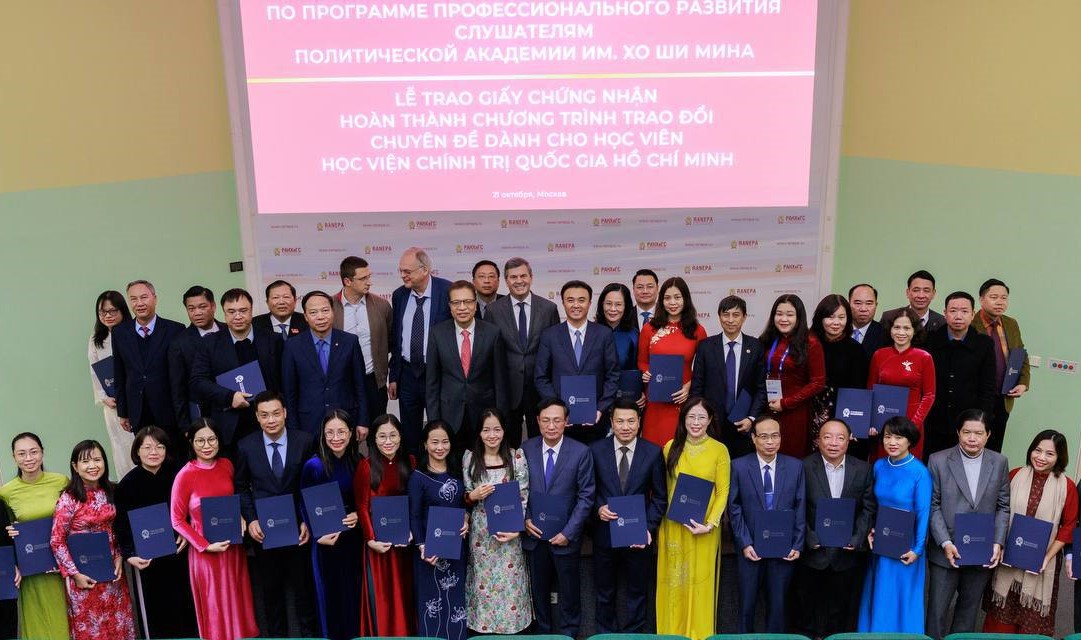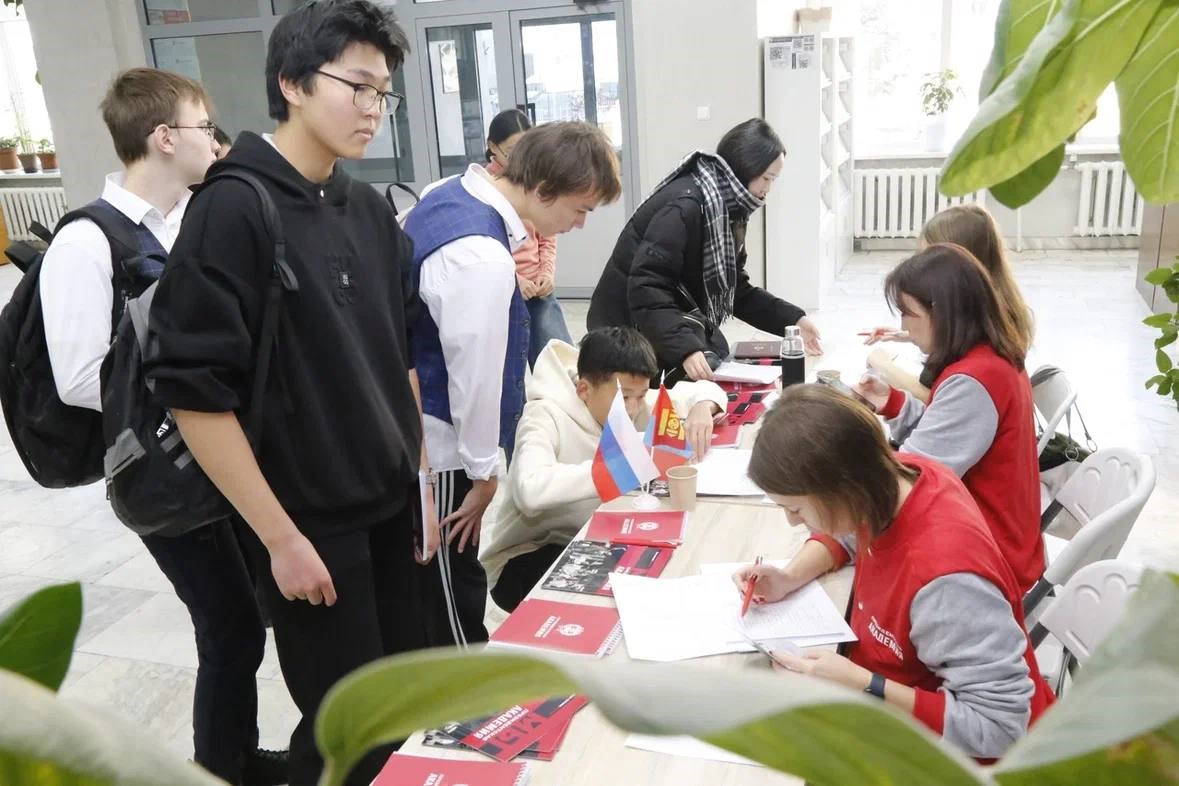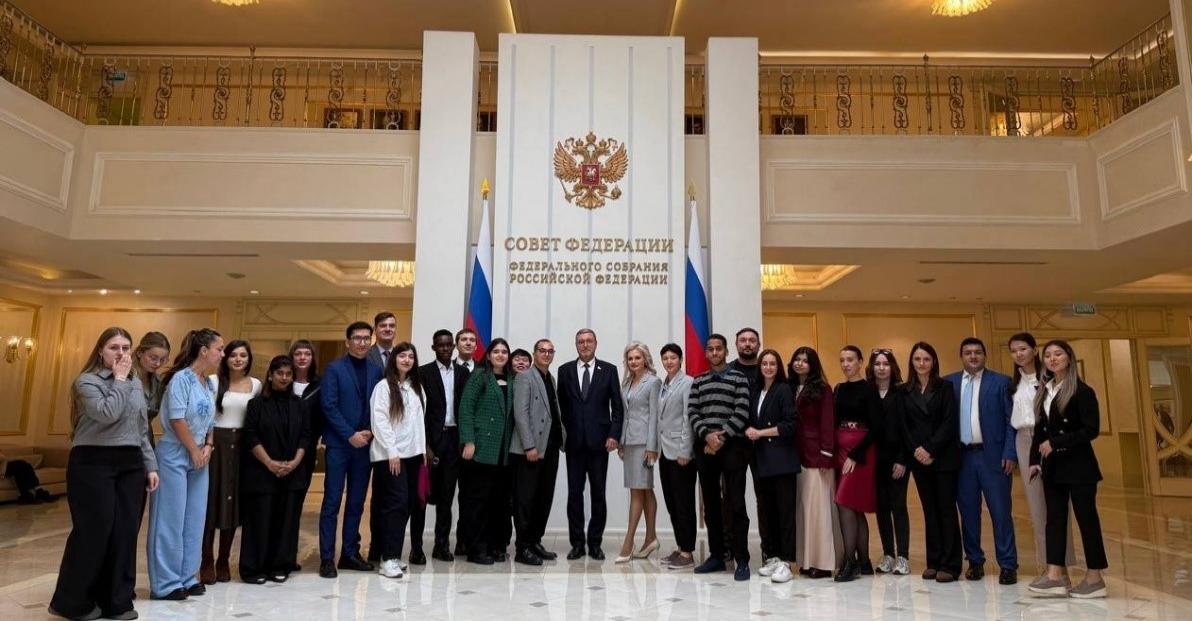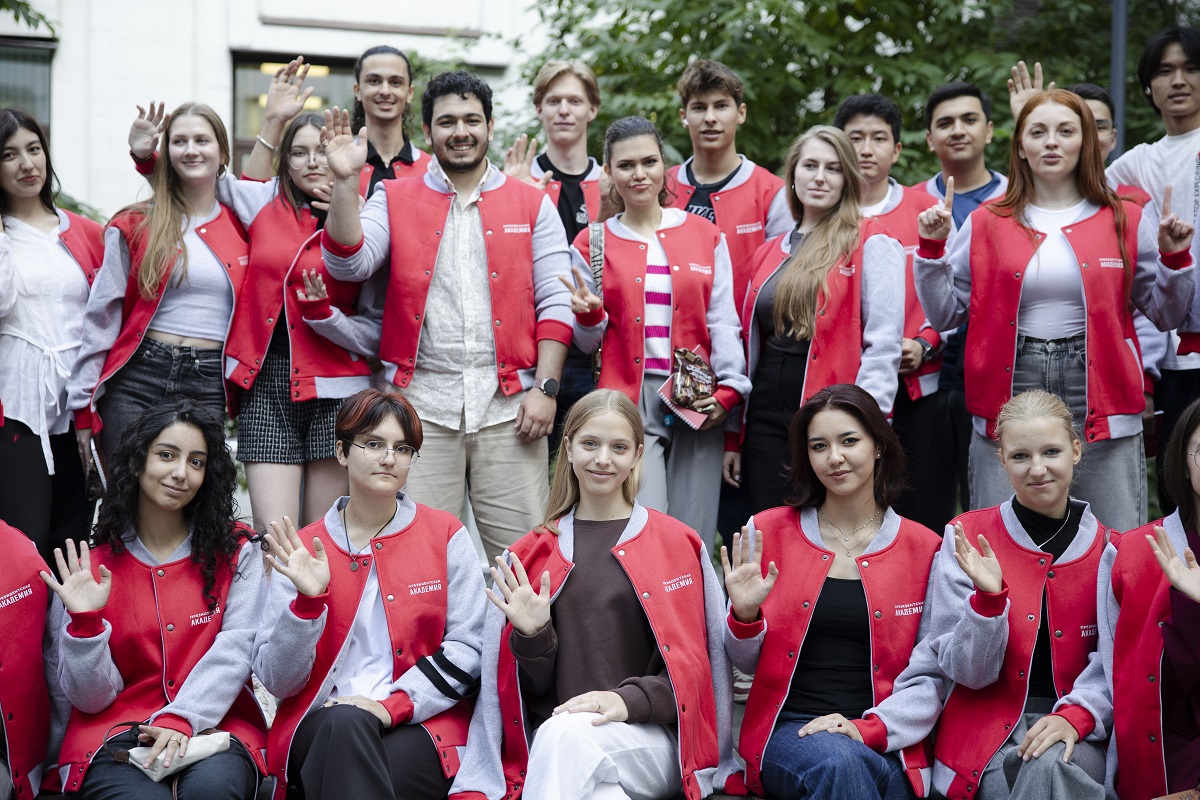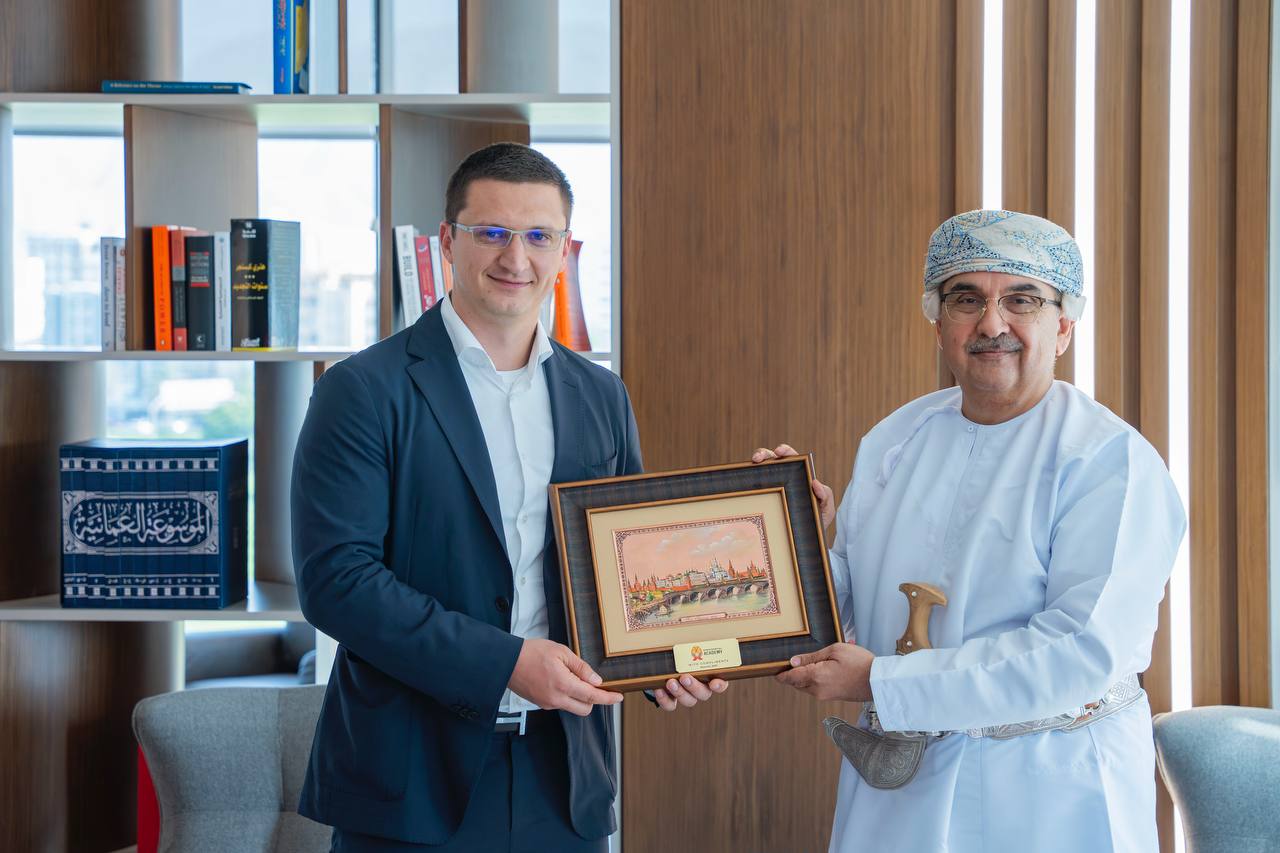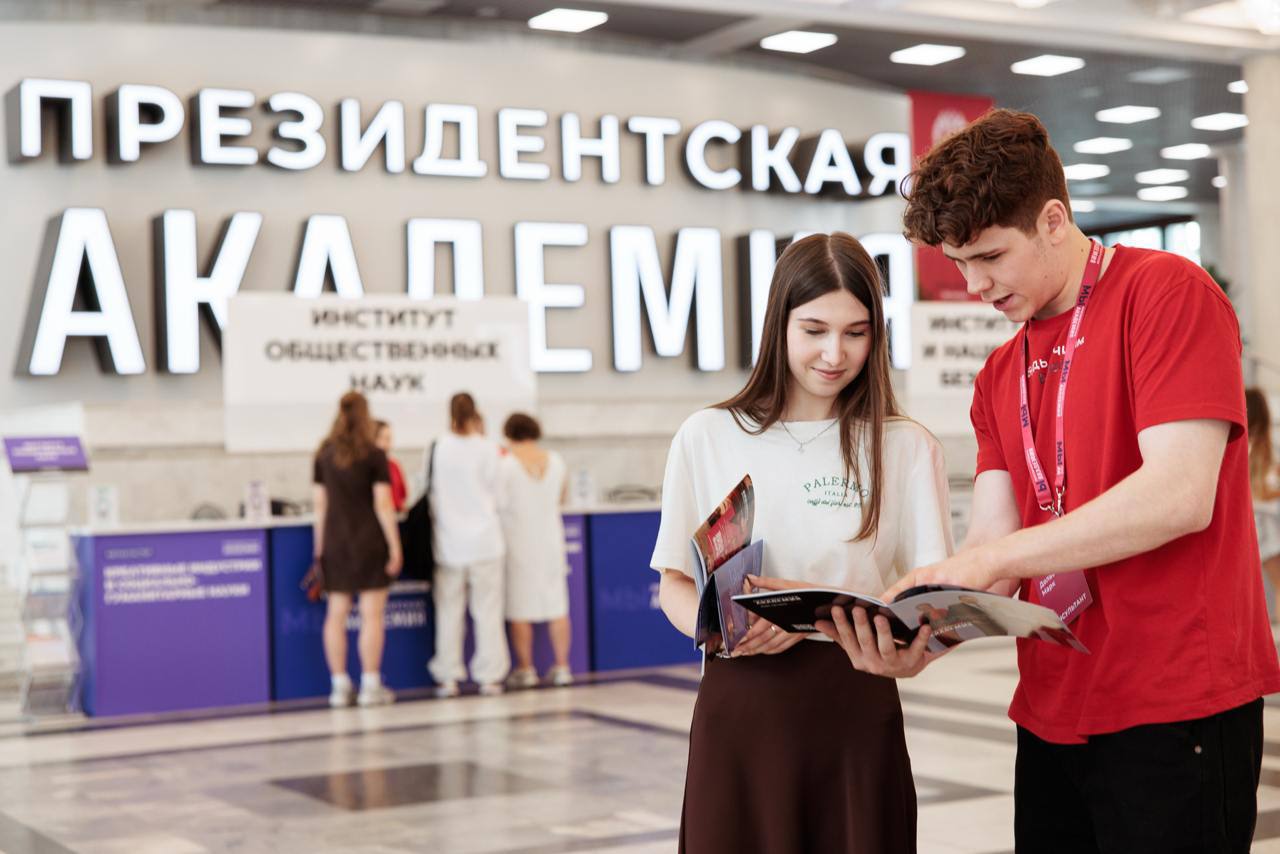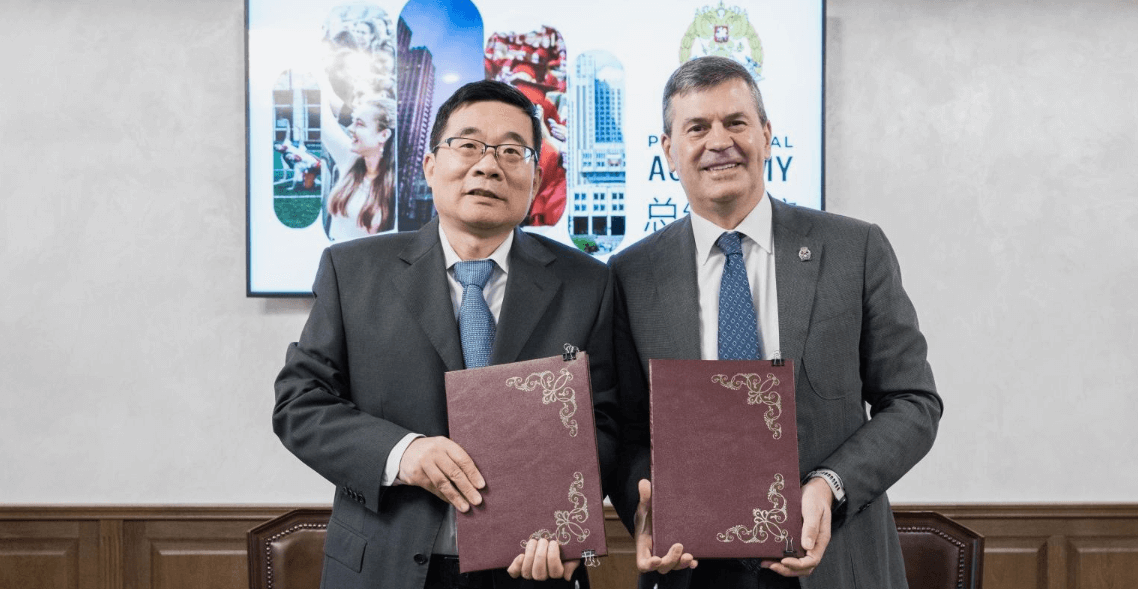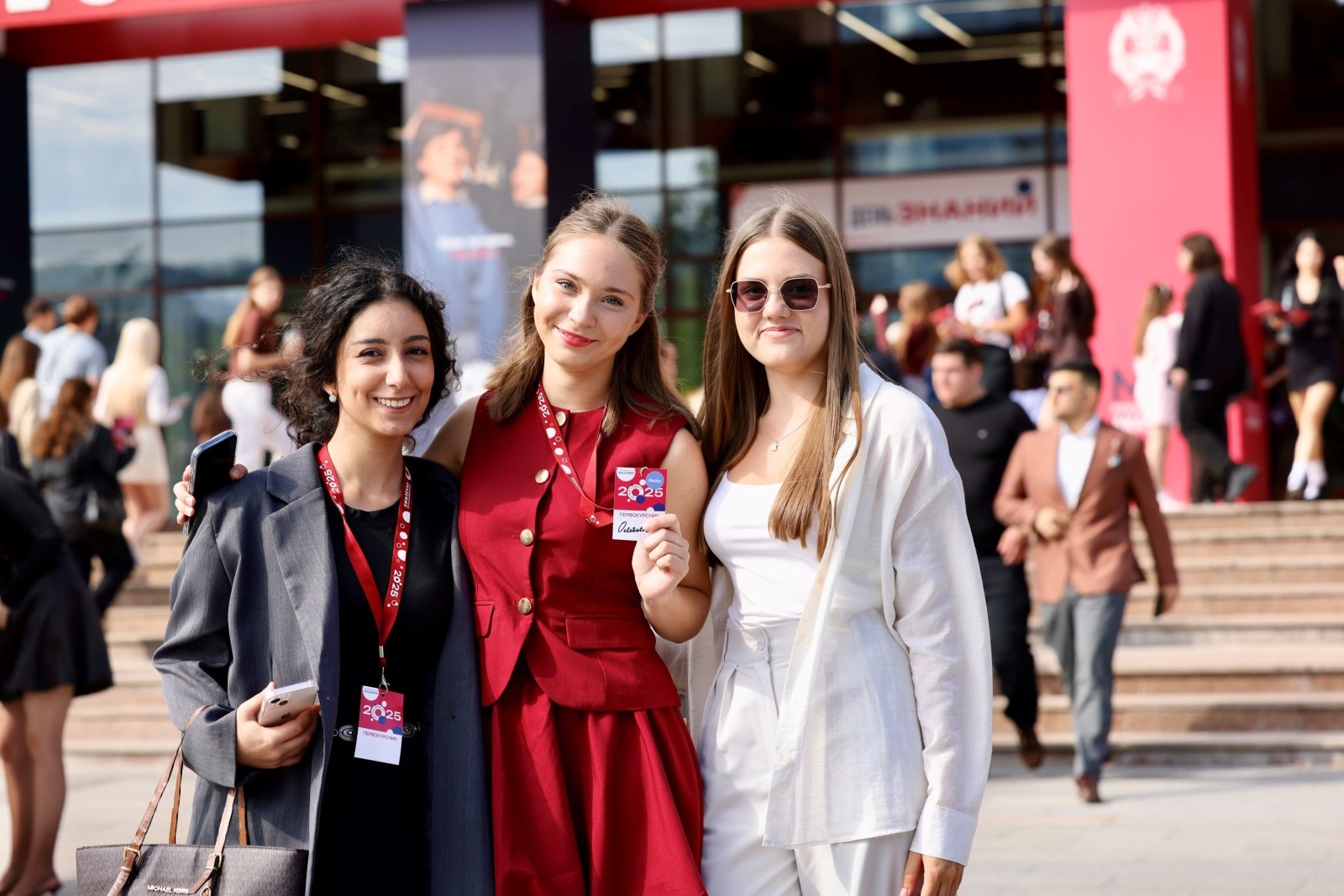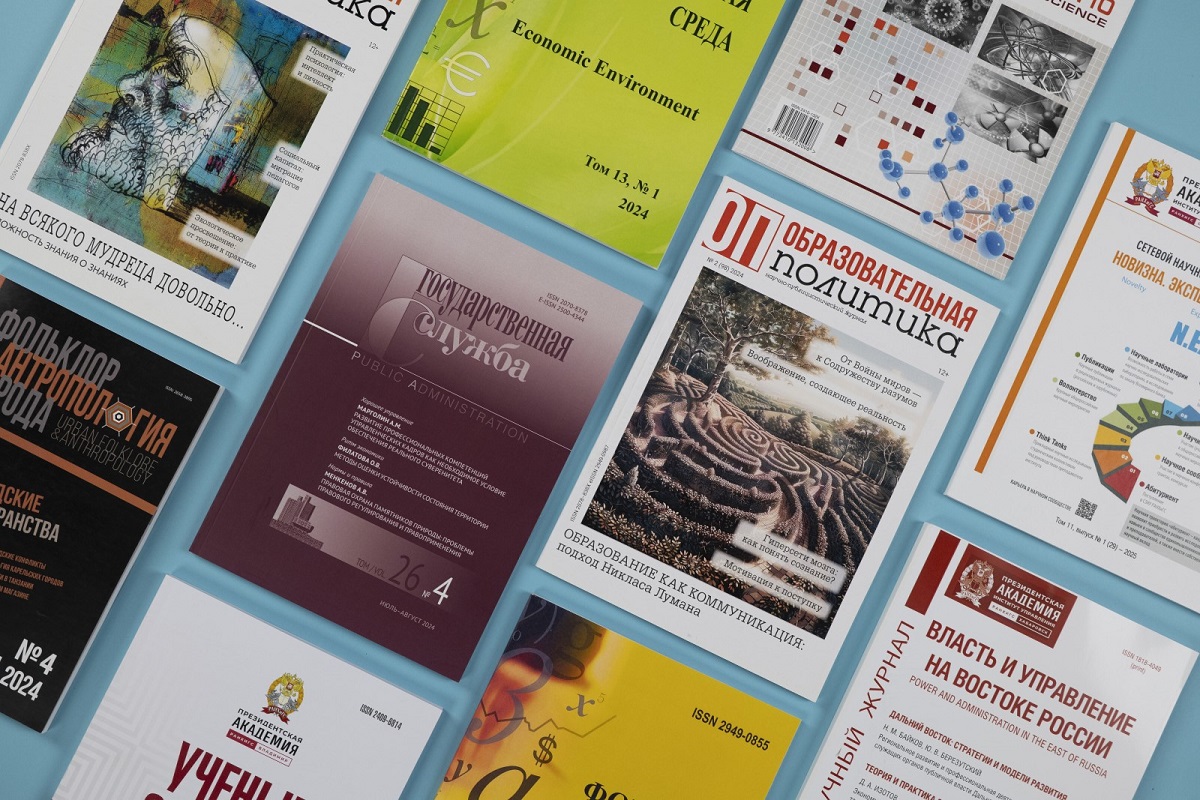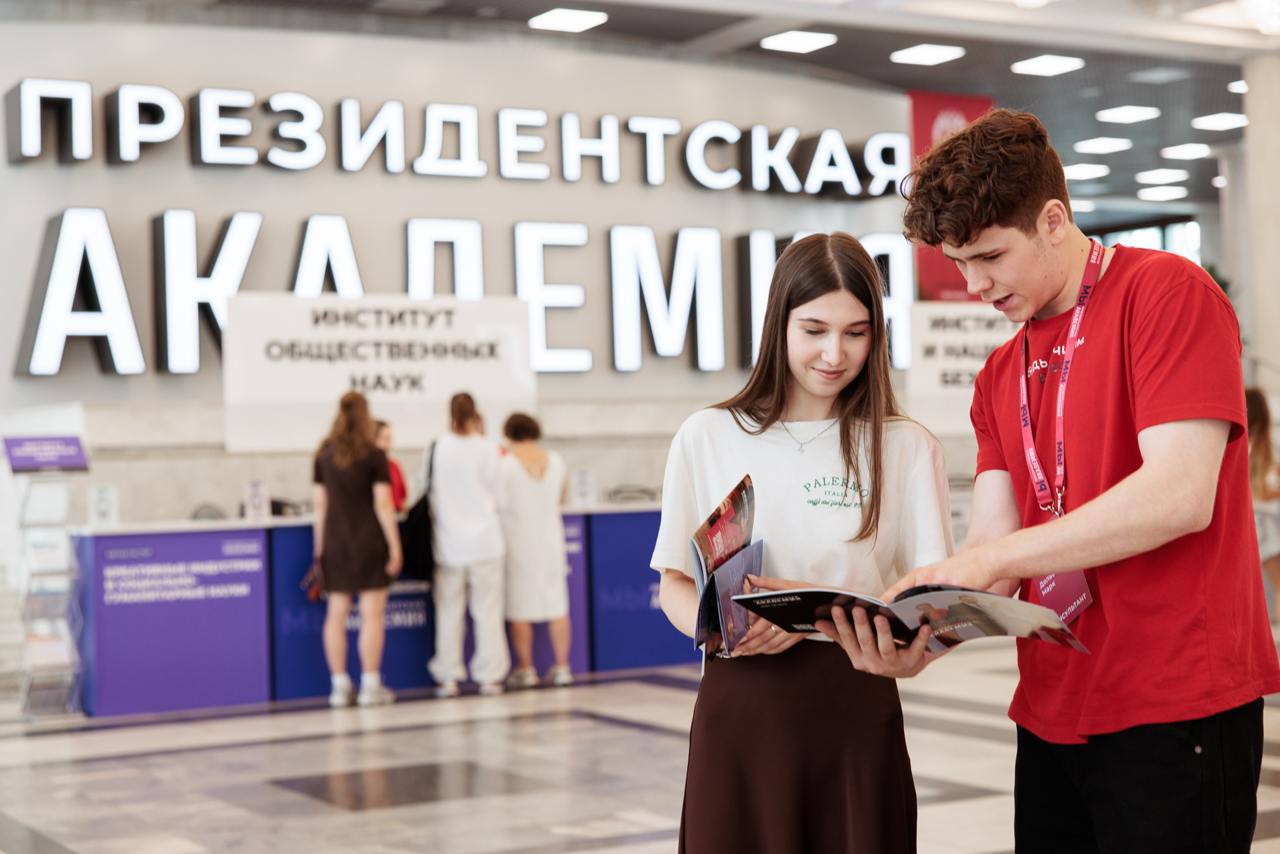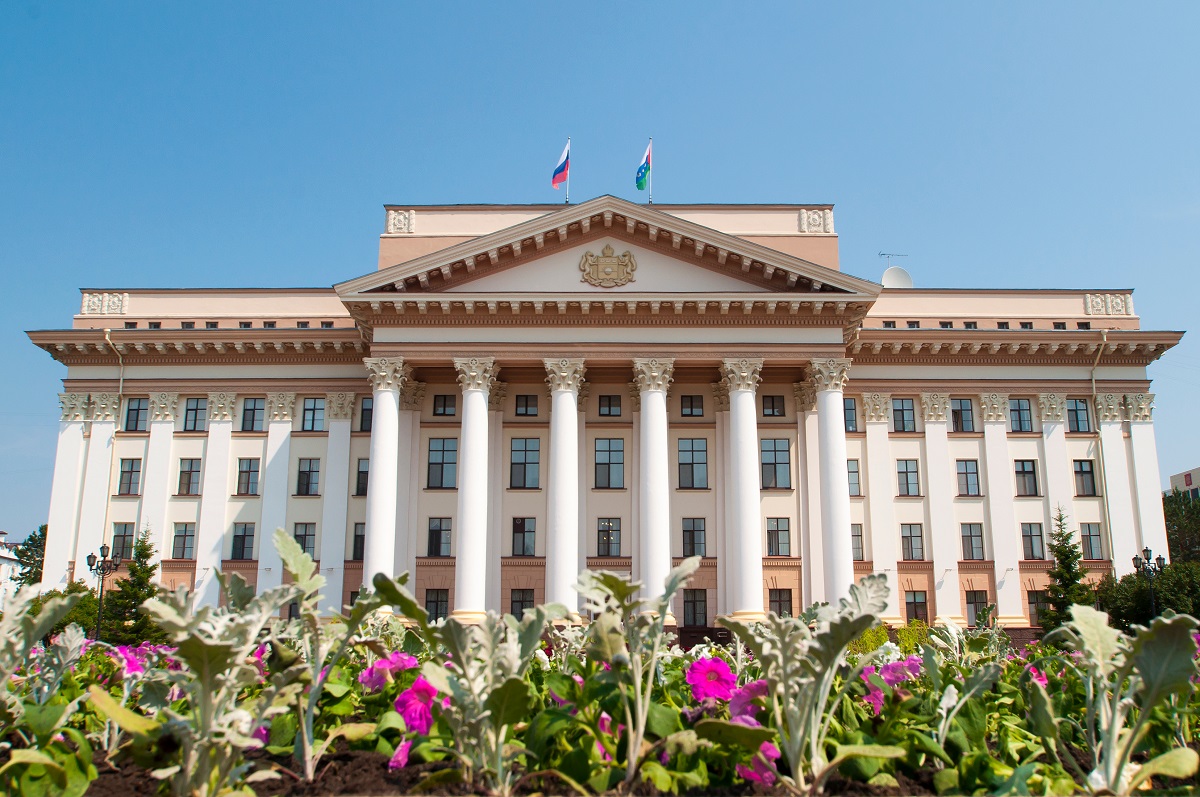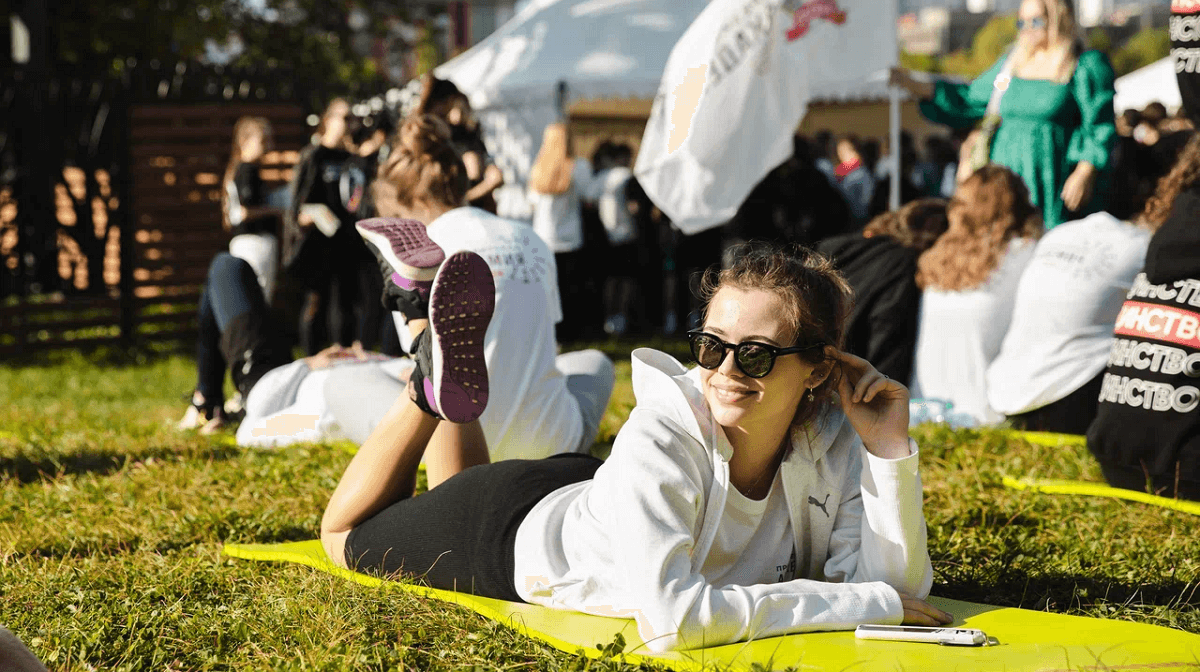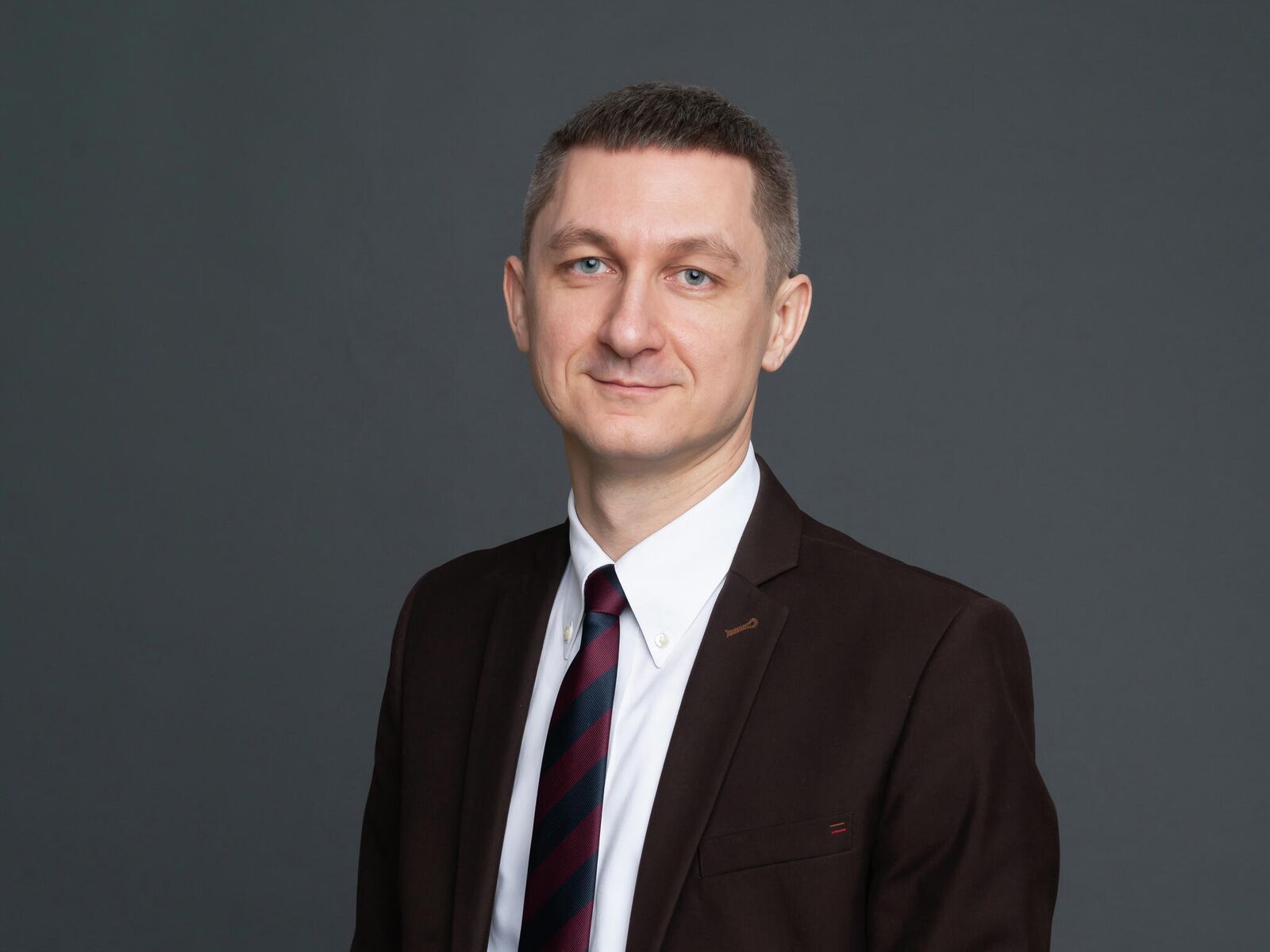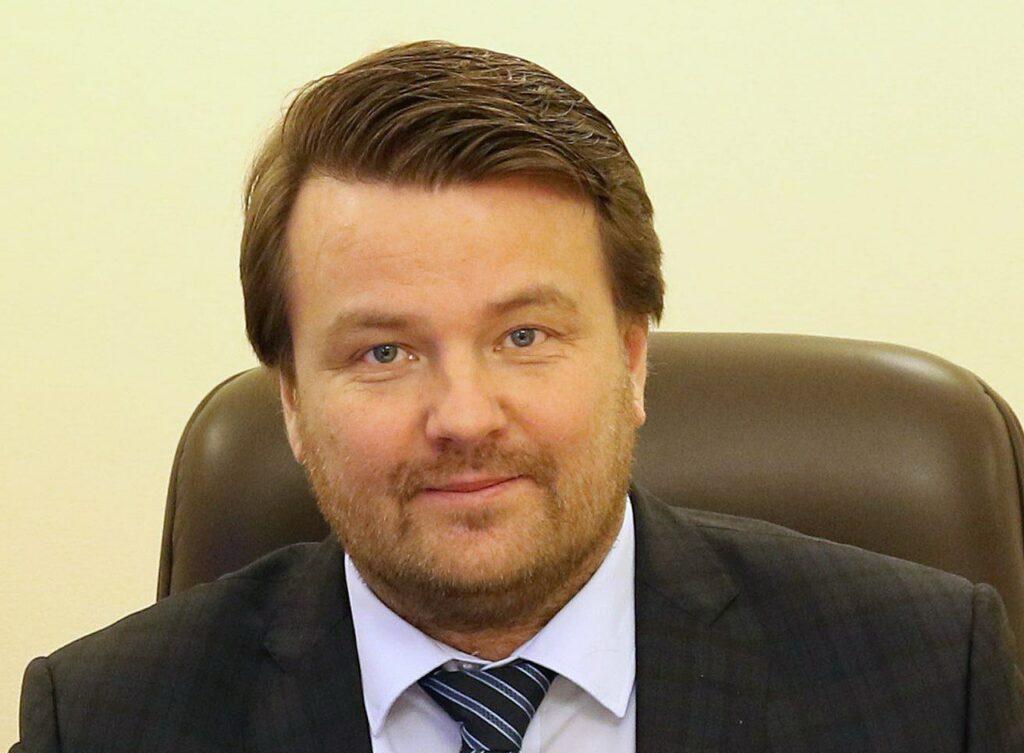The Presidential Academy has claimed the top spot in the RAEX-100 ranking for the number of graduates holding leadership positions in government bodies, and secured second place in terms of graduate demand in the job market. In the overall ranking, the Academy rose to 9th place, improving its position from last year. The ranking was unveiled on June 3 at the 13th Annual University Forum "The Future of Higher Education." Presidential Academy President Alexey Komissarov took part in the forum's plenary discussion.
Presenting the results, Dmitry Grishankov, CEO of RAEX-Analytics, highlighted: "Once again, we are seeing growth from the Presidential Academy." Indeed, the Academy climbed from 10th to 9th place in RAEX's list of the top 10 universities in the country — having been ranked 13th as recently as 2023.
All universities in the RAEX-100 are assessed across three categories: quality of educational environment; graduate employability; and level of research activity. This year, the Academy earned second place nationwide for the employability of its graduates, surpassing its 2024 performance.
Another notable achievement was also recorded: a new criterion was introduced this year — the number of graduates in senior executive positions within both federal and regional executive authorities. "The Presidential Academy leads in both categories," stated Dmitry Grishankov during the plenary session.
A key topic of discussion at the forum was the training of engineering professionals. According to Russia's Deputy Minister of Science and Higher Education, Dmitry Afanasyev, engineering programs now account for roughly 43% of all student admissions — a figure approaching the Soviet-era peak of 46%.
Yet, this issue requires a balanced, careful approach, cautioned President Komissarov, whose first degree is in engineering: "The work of engineers today has changed dramatically. Complex calculations that once took great time and effort are now handled differently thanks to modern technology. So rather than swinging from one extreme to another, we need to clearly define the country's actual demand for engineering talent."
Komissarov also emphasized the growing importance of soft skills and cross-disciplinary competencies in the context of the new higher education strategy today: "In my conversations with leaders across various sectors, I have noticed many lack the courage to make decisions. When it comes to the humanities, I hope the new strategy recognizes the value of a solid foundation in philosophy, culture, and the social sciences — for any professional. That is what truly distinguishes someone with a well-rounded education."
Another key topic of the plenary discussion was the shift in how state-funded university placements — known in Russia as "control admission numbers" (KCP) — will be allocated.
According to Dmitry Afanasyev, Deputy Head of the Russian Ministry of Education and Science, the methodology for determining KCPs is set to be refined to better reflect economic development forecasts, as well as the needs of specific regions and industries. Based on these changes, adjustments to the structure of KCPs are expected as early as 2026. Notably, at least 50% of KCPs in promising, priority fields, and specialties are expected to be designated by the state, while the remaining 50% will be filled through university-level competition.
While the ongoing improvement of the KCP distribution system is logical, using graduates' salary levels as a benchmark for distribution is questionable. "In the RAEX ranking, the Presidential Academy ranks second in terms of employer demand for its graduates. However, in government institutions — especially those at the regional level — salaries are not as high as in other sectors. If our goal is to train more skilled management professionals, this approach could cost us dearly," warned Alexey Komissarov.
Commenting on the effort to streamline university curricula by removing outdated courses — an initiative previously discussed at the Presidential Council on Higher Education — Komissarov clarified that out of the 450 programs offered last year to prospective students at the Academy, only 118 remain in 2025. "Our main focus is quality, not quantity. We continue to work closely with employers to ensure our programs align with current job market needs and to better prepare our students."
A heated debate was sparked by the discussion of the upcoming restrictions on paid education. According to the deputy minister, these limits will be determined not by the "wishes of universities, but by the needs of the state. Carefully, in dialogue with all parties involved, we will develop a realistic plan for the distribution of the control admission numbers," noted Dmitry Afanasyev.
The presidents of leading Russian universities backed the opinion expressed by Stanislav Prokofiev, president of the Financial University under the Russian Government, who stated that the new measure is "aimed at improving the quality of education and cleansing the education market from universities that have turned into diploma factories."
However, Vladimir Shevchenko, dean of MEPhI (Moscow Engineering Physics Institute), reminded everyone: "There is a huge market of private universities where surely many will want to take on providing such services. So reducing the number of paid spots in public universities is not a method to improve the quality of education."
Alexey Komissarov further elaborated on the topic, saying: "It would be more effective to raise the minimum Unified State Exam (EGE) scores required for admission to paid programs. The EGE scores in some universities are embarrassingly low, which devalues the quality of the education system. We do not really know for sure how many specialists will be needed in five, let alone ten years. Therefore, instead of imposing restrictions, it is better to focus on supply and demand by tightening admission rules."

